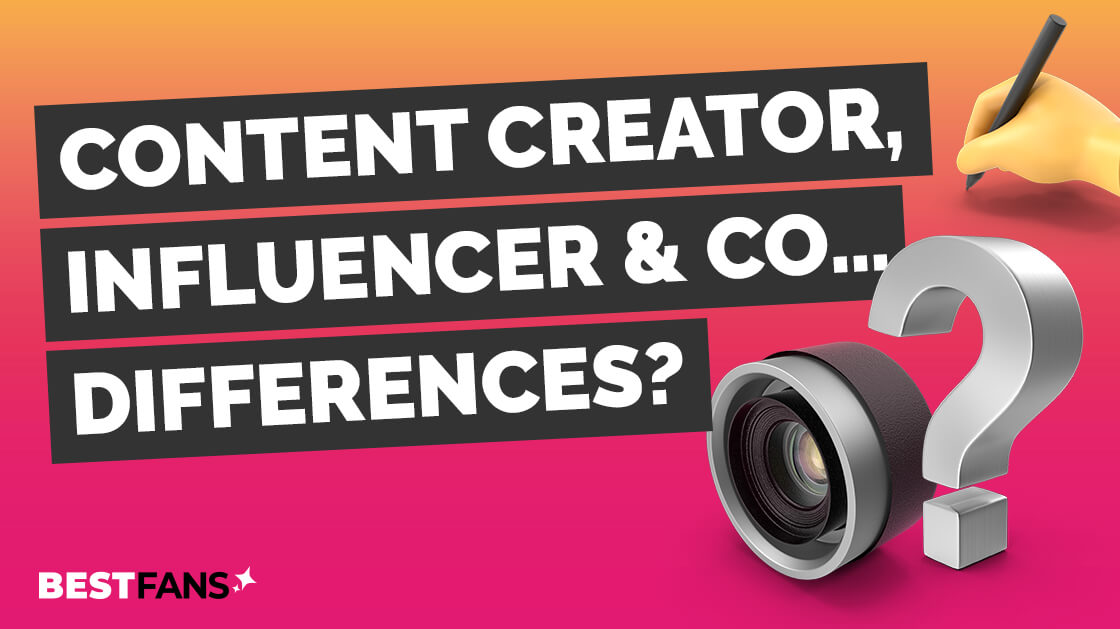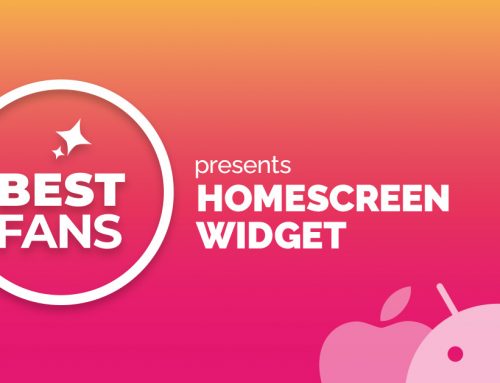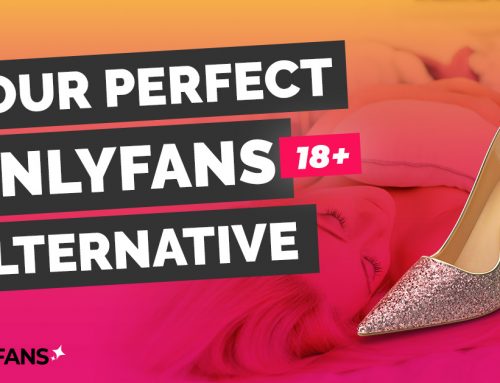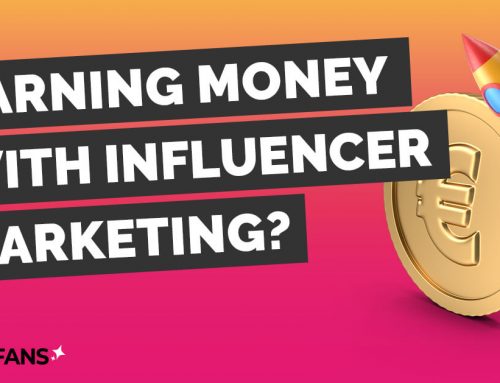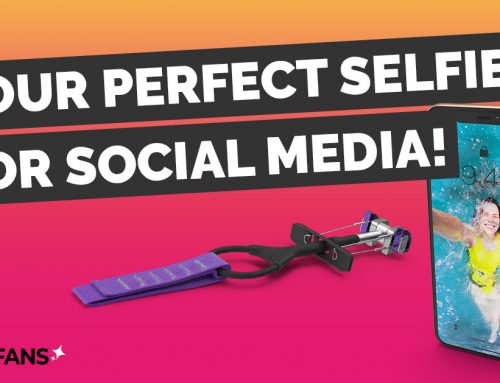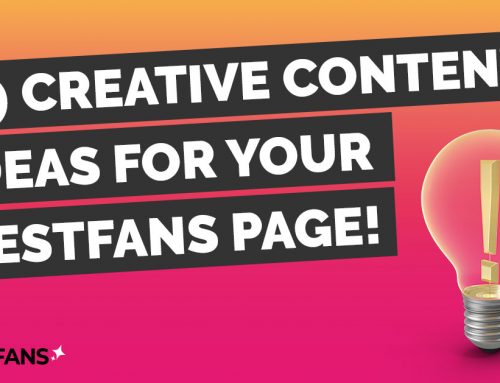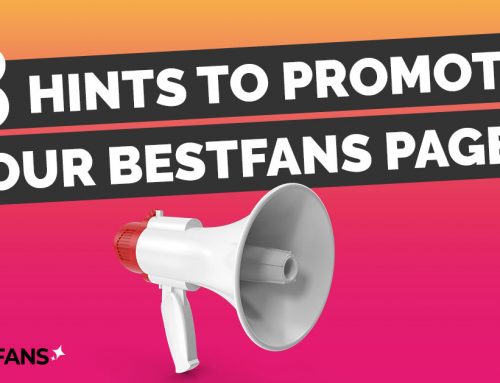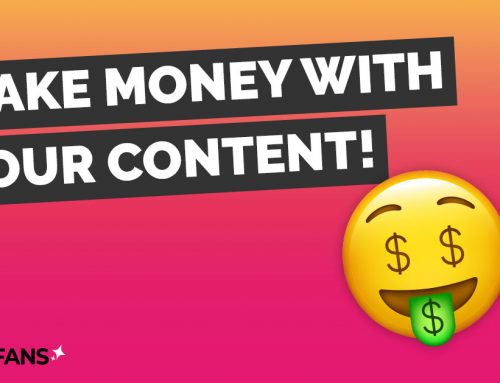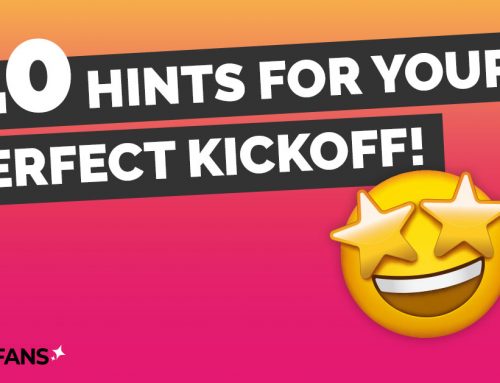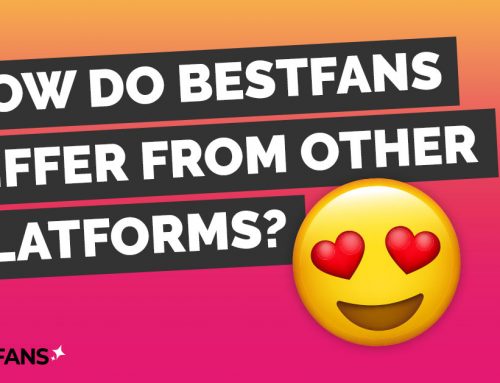You’ve always wondered what the difference is between a content creator, influencer or blogger? 🤔 Then pay attention and keep on reading, because here you will learn everything about the differences between the trendy professions and individual players, who are all all-round talents in their own way 😉💗.
It must be said in advance that a 💯 -percent differentiation of the terms is not possible. Many definitions go hand in hand with one or the other activity and sometimes even overlap. 💡 Often a blogger 📝 is not only a blogger, but can also be an influencer 🤳 or content creator✍️ at the same time. Nevertheless, we want to clarify a few unique points of the respective terms and distinguish them from each other as best as we can! 😊
What all activities have in common is that they create media content 💻 that gives the user added value whether blogging, vlogging or podcasting! Only a little amount gets rich and famous 👑 because to earn a lot of money with this professional activity, you either have to be one of the top creators in your category or 📢 you put your content exclusively for your followers and fans behind a paywall as you can do at BestFans.com! 😜 With With 90% cancellation-free commission and no hidden payout fees, BestFans is the absolute frontrunner on the market! 🤑💰 Here everybody can earn money as a Creator by getting supported from followers and fans. ✅

Content creators are always up-to-date. | ©️ master1305
What is a content creator and what does he do exactly?
A content creator is someone who creates or invents content from his own mind. 🧠 The job title of a content creator ✍️ is often equated with the one of a writer or texter. But that’s not 💯-percent true! Of course it includes writing, but a content creator is responsible for much more than just writing. 📝📝📝 This doesn’t just mean texts but any kind of content that can be read 📚 or seen 👀 online: it doesn’t matter whether it’s a text, video, podcast or an image. A content creator is doing cross-media work.❌ Creating multimedia content usually means being up-to-date ☝️ constantly reinventing oneself in the digital world and going with the flow. 🌫Nowadays ⏰ trends, topics and opinions change rapidly in the so-called media bubble. You have to see trends and implement them directly to your business or you set trends on your own.💪 A content creator ✍️ picks up on these trends and converts them into useful content. 🤓💡 The work is very diverse and dynamic and every day is totally different than the one before. 🤩 Content creators ✍️ can be permanently employed by a company or work independently as freelancers, deciding on their own which project they are currently interested in and which company they would like to work for on an interim basis. The goal of every content creator is to build trust with their followers 🤝 and increase awareness of the respective company. 📈 The profession of being a content creator is already established at several private universities ✍️ and will continue to gain more and more recognition and importance in the future.
What is an influencer and what is the difference to a blogger or content creator?
Influencers stand out from the crowd of social media users and are digital trendsetters. Unlike a content creator the person uploading the content is at the centre stage and acts like a brand ambassador 💁 or testimonial 🙋 for one or more companies.🥰 Influencers act as opinion leaders and multipliers due to their high awareness. They are booked by companies to promote products or services. 🤑 Their goal is also to increase the brand awareness of the respective company 📈 and to lead consumers to the associated online stores and websites in order to generate sales. Influencers influence people in their purchasing decisions and set trends! Unlike the blogger their communication tool is not the blog, but various social media channels such as Facebook, Instagram or TikTok. 🤳 The profession of an influencer does not require any training or studies, you get measured by follower likes and engagement of your own fanbase. The more followers the higher the fee 💰 an influencer can demand per post. The title influencer is not a protected term, every person in Germany who is registered at a social media platform 🤳 may call themselves an influencer 🤓💡. That’s why the job title influencer is more like a snapshot, i.e. a status quo that you have to work for to stay in the minds of your followers. A large community is not created overnight and most influencers have been active on various platforms for several years and fight for every follower. If you need tips and tricks for your social media photos feel free to read our blog article on “Your perfect selfie for social media”. 💪 We distinguish between:
Nano-Influencer 1.000 – 10.000 followers
Micro-influencer 10.000 – 50.000 followers
Mid-tier influencers 50.000 – 500.000 followers
Macro-Influencer 500.000 – 1.000.000 followers
Mega-Influencer 1.000.000 – 5.000.000 followers
Celebrity-Influencer over 5.000.000 followers
Thereby nano- and micro-influencers are interesting especially for small to medium-sized companies 🏣 and not only because of the lower costs 💶 that the influencer gets per ad or posting. This group of influencers has a smaller 🤏 reach, but a more stable and deeper relationship with fans and followers. 💗🤝 Nano- and micro-influencers are also considered both more credible and more authentic such as mega- or celebrity-influencers. The keyword 🔐 is: word of mouth marketing! 👄💬 It is not the big celebrity ⭐️ who promotes the product but the neighbor 💁♂️💁 from next door, someone with whom you can identify yourself. Nothing is perfect here but authentically imperfect. 😋 Only those who have won the trust of their followers 💕, be transparent and authentic, will have long-term success. Anyone who promotes f.e. every two weeks a different shampoo to generate a lot of money, will not be successful at all. 👎 Influencers should really support the advertised products and should be able to identify themselves with the spirit and philosophy of the product or company. 👌 Another important point is the interaction with followers. 👯 A micro-influencer 📸 with 25.000 followers, can naturally build a closer relationship with his followers and respond to them more often in comments and DM’s than a mega-influencer with over 2 million followers and several thousand comments. 💁💁♂️ Of course that does not mean that mega-influencers are not worth investing in or even working with. It always depends on the product or service as well as the target group that needs to be addressed. Product and influencer needs to match 💕 to radiate credibility! 👌

Blogger mainly write opinion-based texts. | ©️ twenty20photos
What is a blogger and how is it different from an influencer or journalist?
Bloggers 📝 write a web-blog. Blogs are like a public diary or journal that can be read by anyone who comes to the blog site. 🤩 Many bloggers 📒✏️ write because they enjoy it and want to record and share experiences and make knowledge accessible to others. 📚 Next to the Hobby-Blogger are the so-called professional or fee bloggers 🤑 who earn money with their blog by writing about a particular product or service. 💸 Bloggers are no journalists 🙅, but there is no clear differentiation between these two activities. The profession of a journalist is not a protected job title in Germany.🎓 Nevertheless it can be stated that journalists tend to write fact-based texts, whereas bloggers mostly take an opinion-based approach. 🤓💡 Bloggers write texts 📝 that are about their own opinion or experience on a certain topic 🙂 This is probably the biggest point that distinguishes a blogger from a journalist. 💁 Also the blogger’s personality is often clearly in the centre stage, whereas journalists 🕵️🕵️ prefer to stay in the background.
Like we have already learned from influencers 🤳, there are no limits to the choice of topics for blog posts. The only difference to an influencer is that bloggers use their own platform for blogging, while influencers use social media channels.✅
What is a podcaster and what exactly is the difference from a blogger?
The artificial word podcast is also a composition of two words and comes as with the other words from the English language. 🎤🎧 Pod (iPod from Apple – an earlier MP3 player to explain it briefly for all millennials 😜) is the abbreviation for “play on demand” and the word “cast” abbreviated from the term broadcast (broadcasting). A podcaster is an audio blogger. 👂📝 He does not write down what he experiences, but verbally 👄💬 reports on it in his podcast and uploads it to platforms such as Spotify, Deezer, Stitcher or Soundcloud. 🆙 Podcasters also provide a virtual community and connect people with the same interests, humor or experiences. One difference to blogging 📝 is that podcasts are often held in pairs to create a dialog 👯 and only in rare cases as is common with written blogging are held alone. The most successful podcasts in Germany are currently (April 2021) “Gemischtes Hack” a weekly German-language podcast by comedy writer Tommi Schmitt and comedian Felix Lobrecht and “Fest und Flauschig” hosted by Olli Schulz and Jan Böhmermann on the music streaming service Spotify. 💗🎙
Podcasters earn their money 💸 either through the streaming service such as Spotify, sponsorships, which are structured like classic radio advertising 📻 or affiliate advertising, where podcasters have a contract with a company and offer a personalized link or discount code from the respective retailer. Furthermore you can earn money by selling your own products (merchandise) or receive donations. 🤑

Video creators reach many people with their videos. | ©️ engy91
What is a video creator and what exactly are vloggers and YouTubers?
A video creator 🎬 is someone who puts his content online in the form of a video. 🎥 YouTube is the biggest and most known platform here but Vimeo and Twitch are also two platforms that should not be underestimated. Like the content creator ✍️, the video creator can also be used as a kind of generic term for all those who create video content. 📹👩💻 Here a distinction is made between vloggers and YouTubers.
The artificial word 🎨 vlog is composed of the words “video” 🎥 and “blog” 📝. Vloggers are people who do not write like bloggers, but keep their own vlog via videos i.e. perform it verbally and in front of a camera. 👄💬 Tutorials 👩🏫, unboxing products 📦, comedy 🤡, fitness videos 🤸 – everything imaginable is possible. Most of them earn their money by doing product placements, the targeted display and placement of certain products during the video recording. Product collaborations are also part of the income of vloggers and YouTubers.
Vlogging may take more courage than running a normal blog or podcast because you show yourself in front of the camera. But this point also stands for the success 💃🕺 of vlogs, because when we see people with their gestures and facial expressions we automatically build a closer connection to the person. If you only read an article or listen to a podcast the person quickly fades into the background. 👤
The difference to the group of people known as YouTubers is solely the fact that they have become known through the platform YouTube and upload their content generally exclusively to YouTube. 📹👩💻
Conclusion: Even though it is not possible to precisely define each individual term we very much hope that we have been able to clarify a few differences for you. 🕵️🕵️ All activities are associated with a lot of creativity and connect people with the same interests. No matter if you are a blogger, content creator or influencer, at BestFans.com all creators are welcome. Join BestFans now for free, become a creator and get paid for your creative work.
